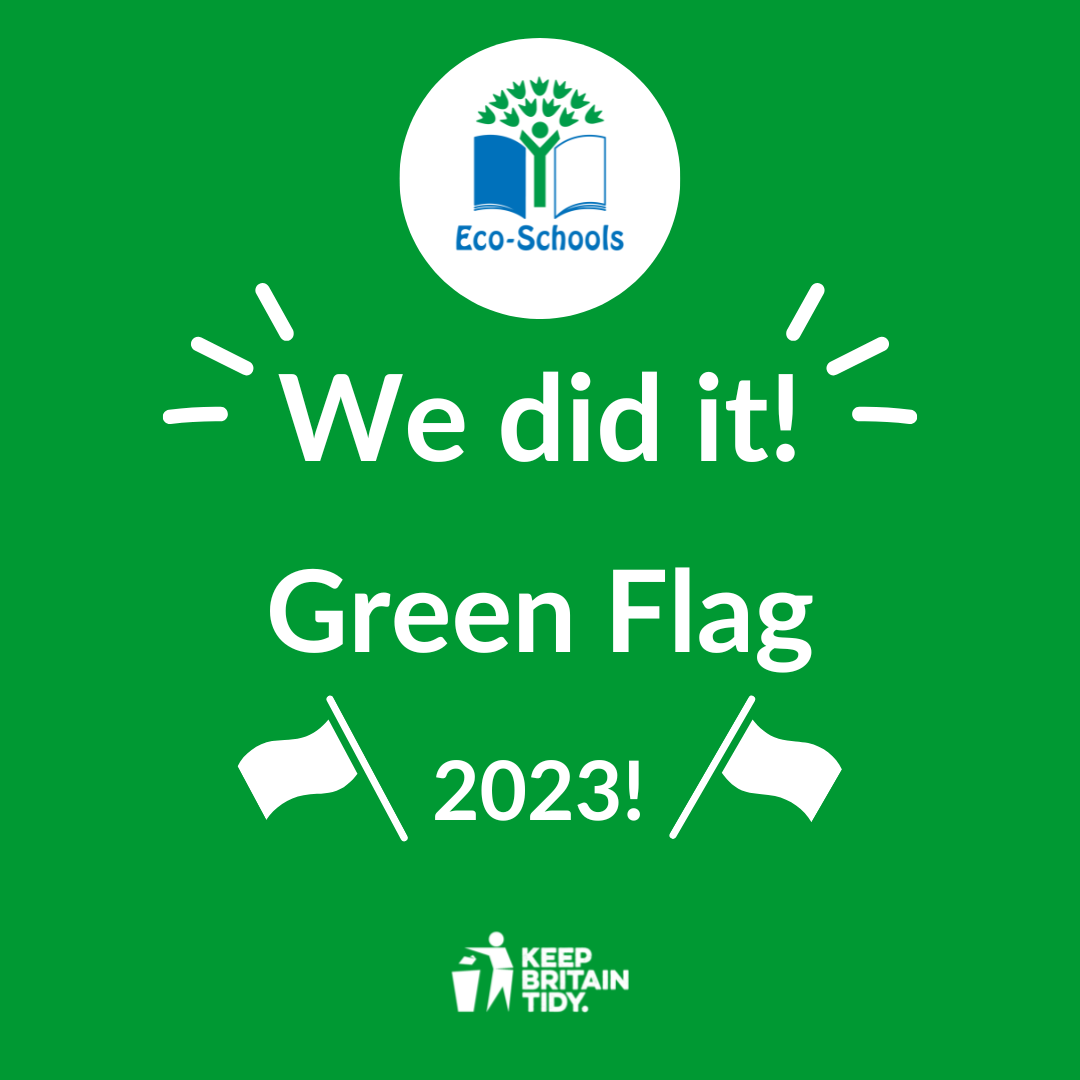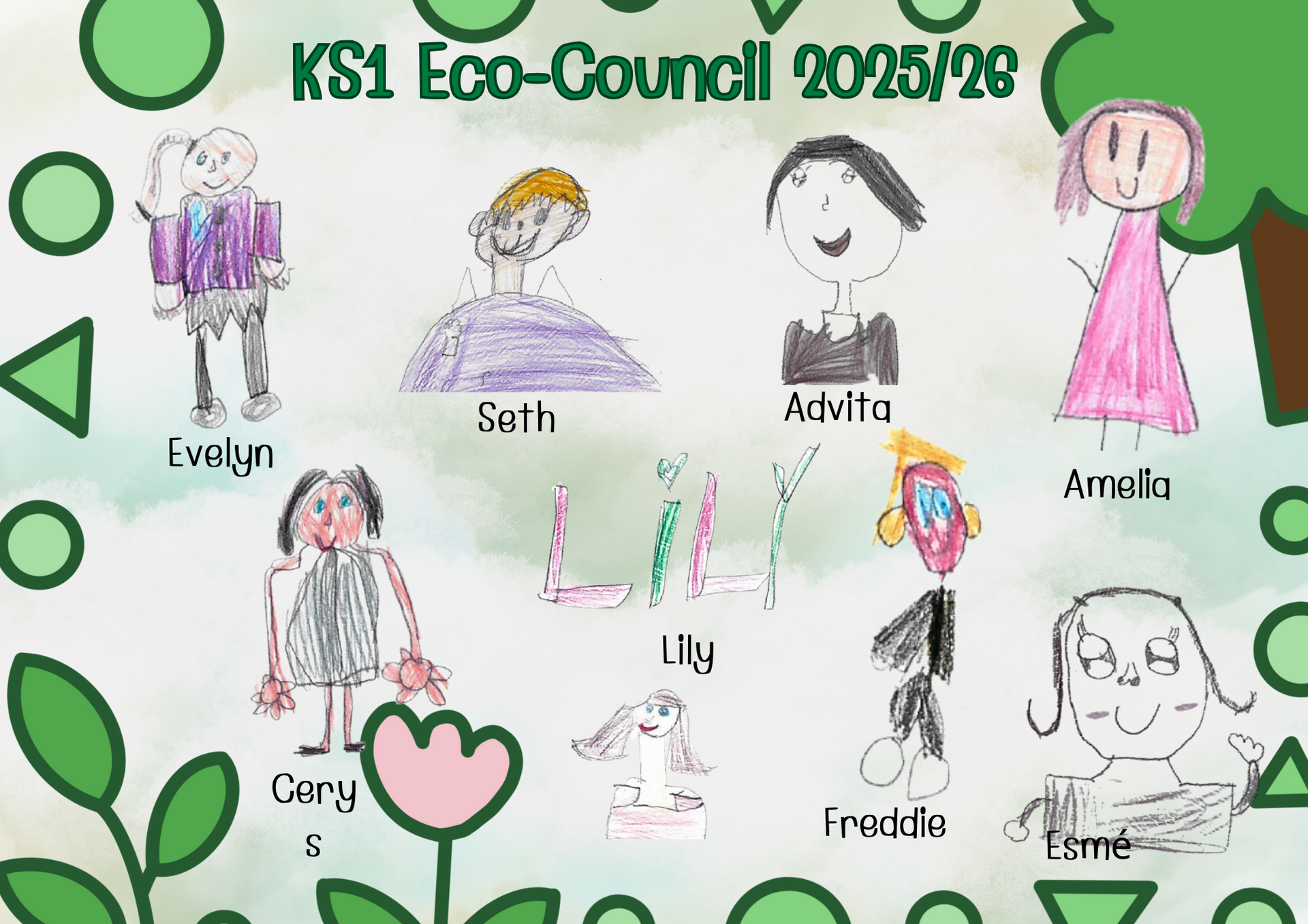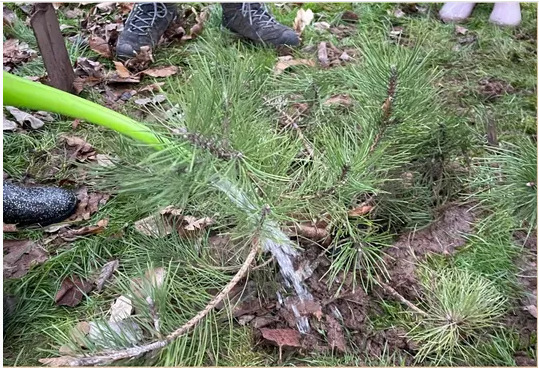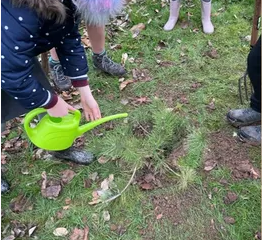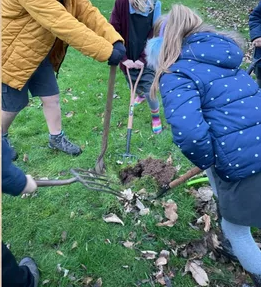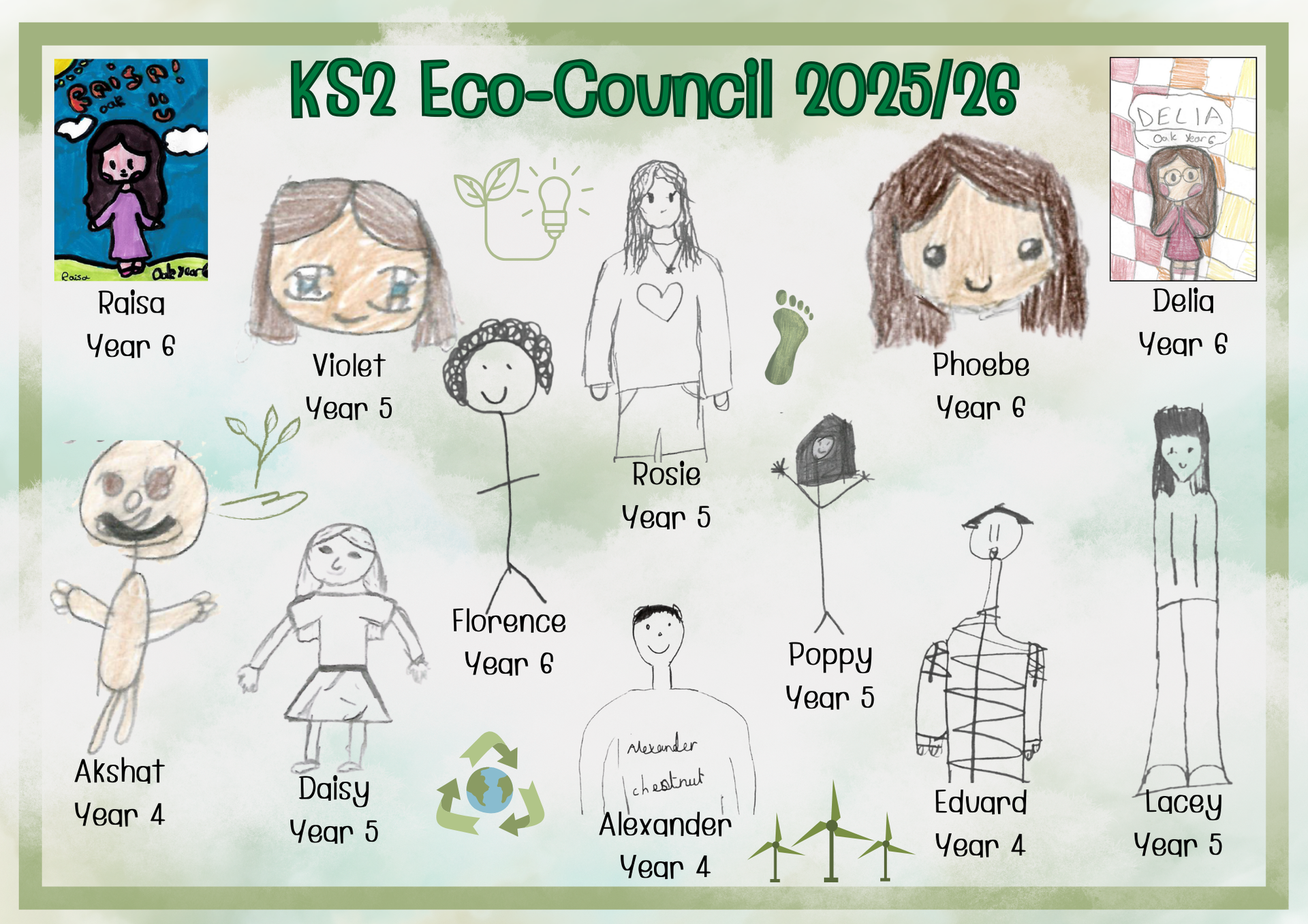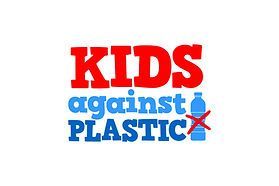Given the escalating environmental crisis,
it is strongly felt that we are doing our school, children, community and planet
a disservice by not promoting the right education to address this serious issue.
Furthermore, it is no longer acceptable
to ignore the negative impact
schools have on the environment.
Schools generate a great deal of waste, and given the urgency of the evironmental crisis, it is no longer sustainable
for business to continue as usual.
Change is needed.
For many years Whitnash has tried
to develop an Eco School and due to other
priorities, it is often pushed aside.
Given the heighten news coverage, COP26
and young people’s involvement in the
environmental campaign, our school aims
to ensure that environmental awareness is
firmly injected into the heart of our school
Improvement agenda and the curriculum.
In an Ofsted report back in 2010,
Ofsted stated,
‘We want to ensure that the providers we inspect and regulate are contributing to a sustainable future’.
The Department of Education also states it
is committed to sustainable development
and believe it is important to prepare
young people for the future.
In addition, being a sustainable school is
argued to raise standards and enhance
young people’s wellbeing.
Therefore, by raising the profile of
environmental issues and having the high
expectation that such
issues remain a key focus of our work
will also enhance any judgements
made of our school in the future.


